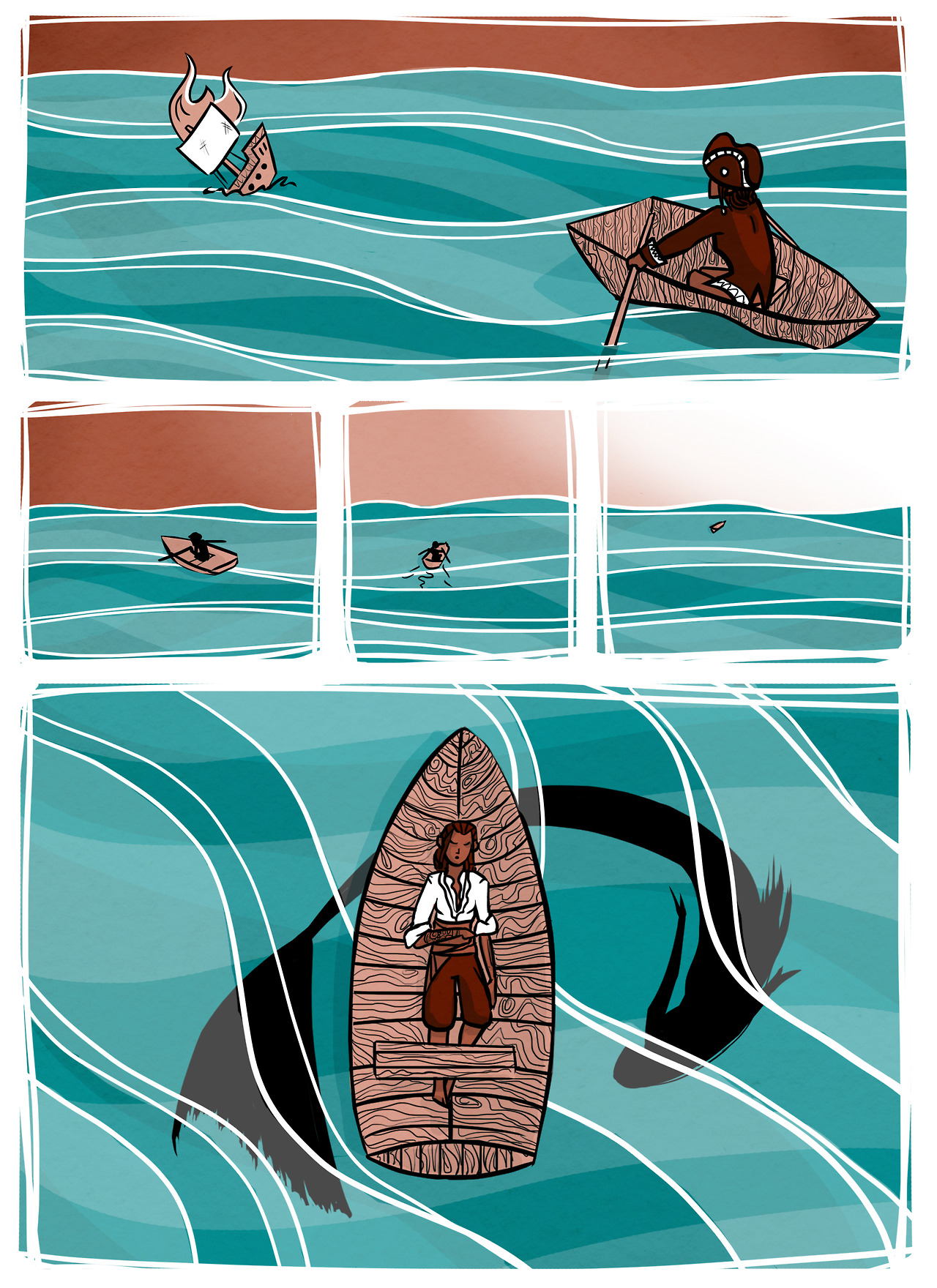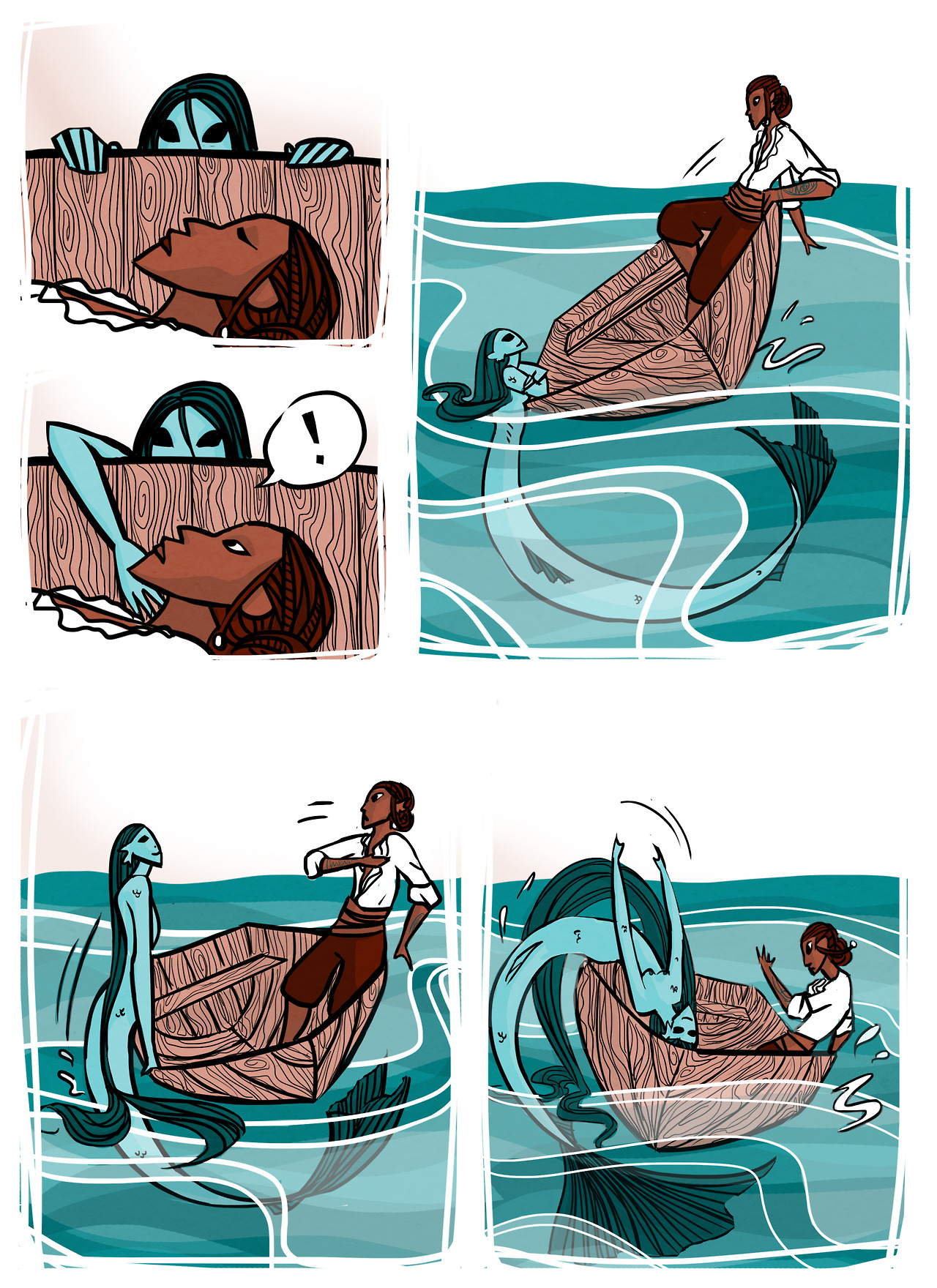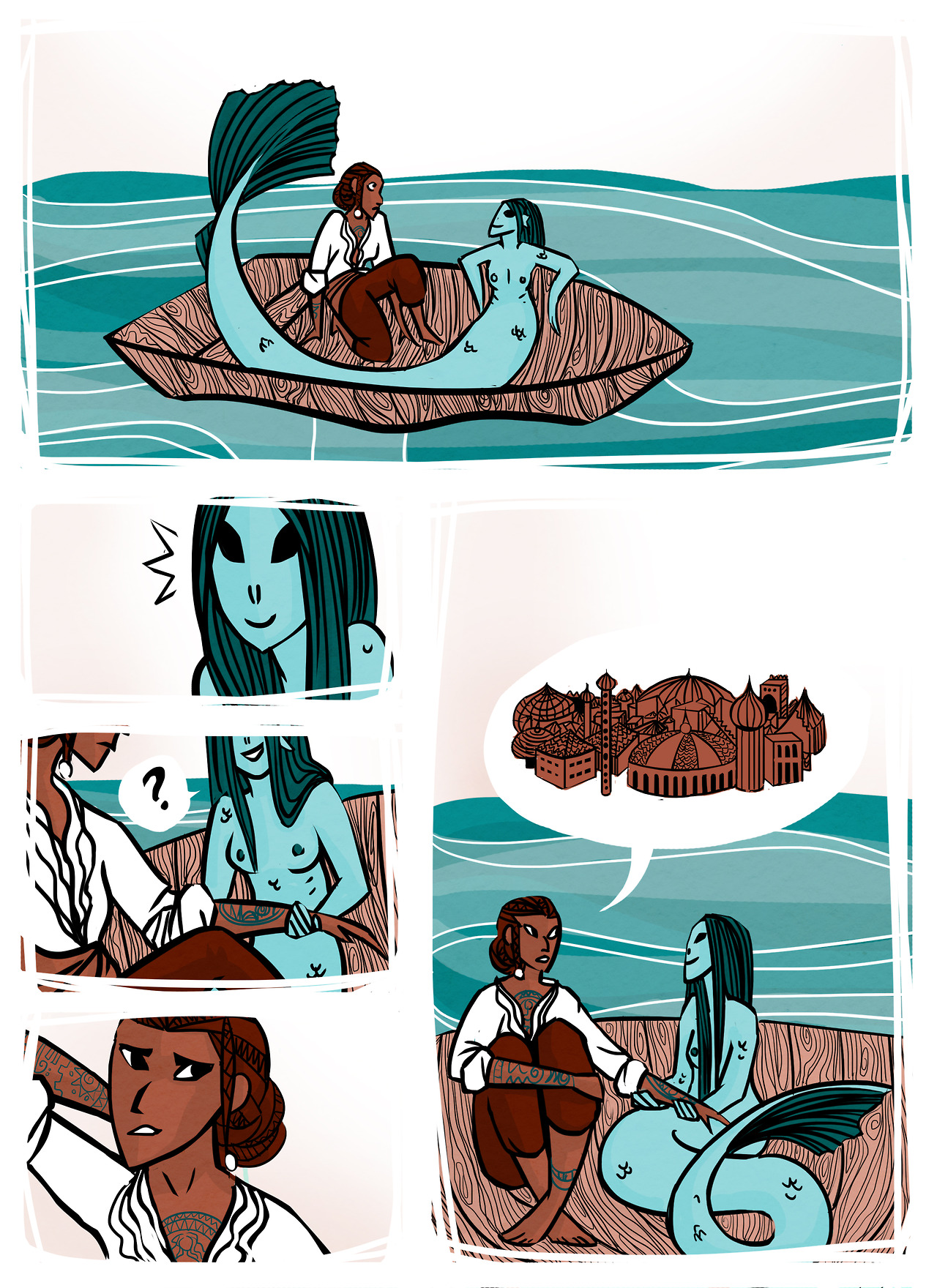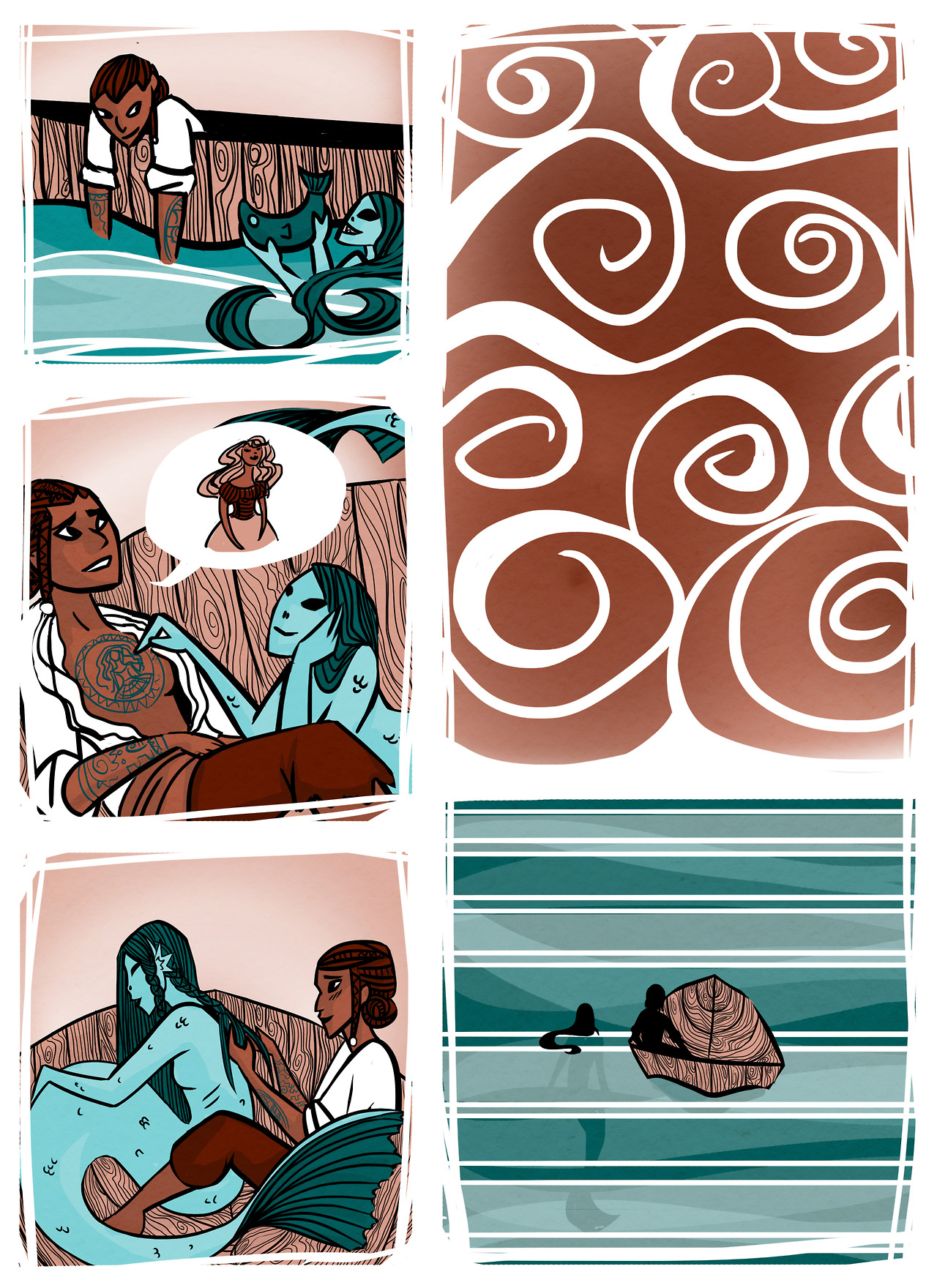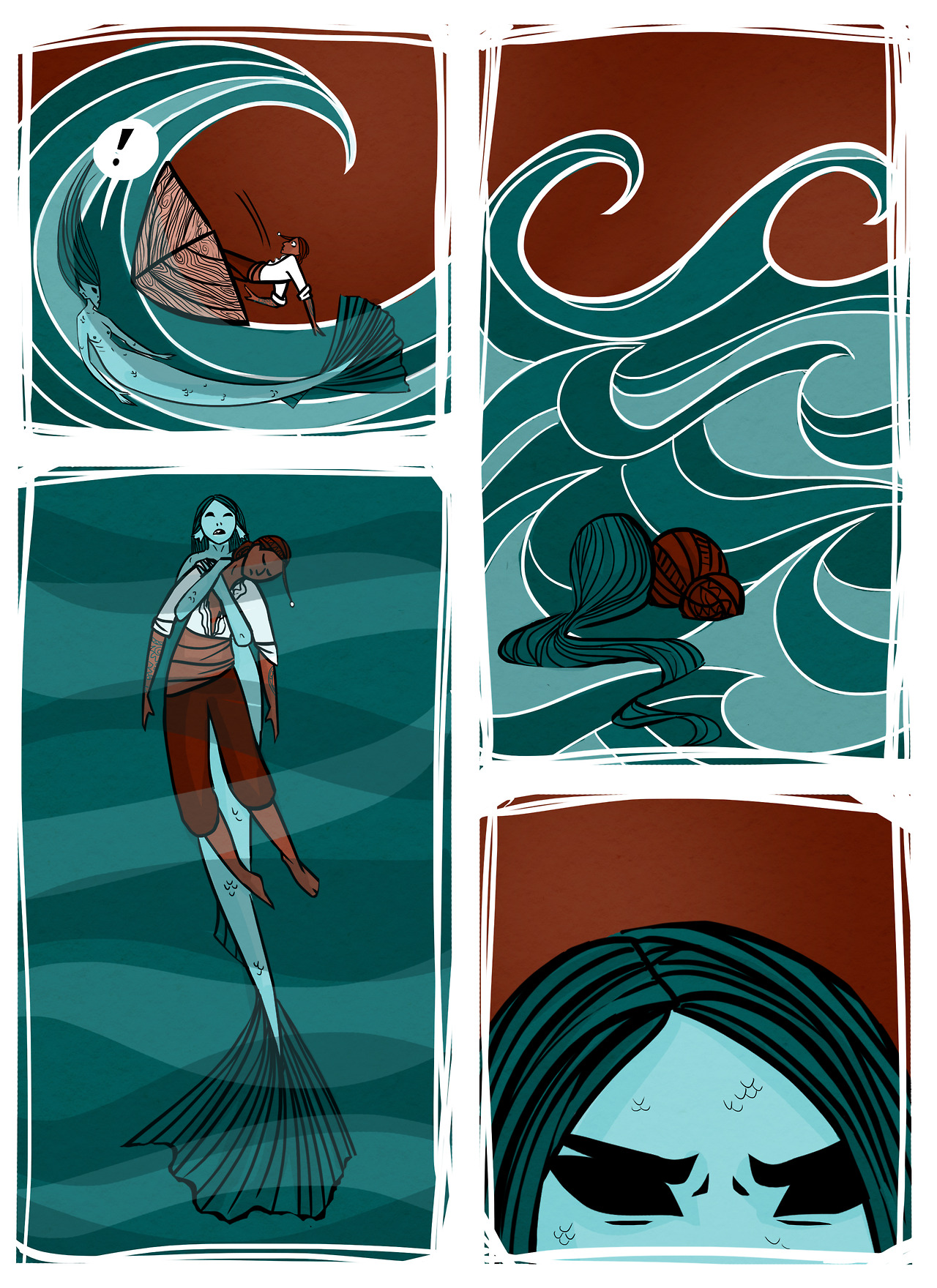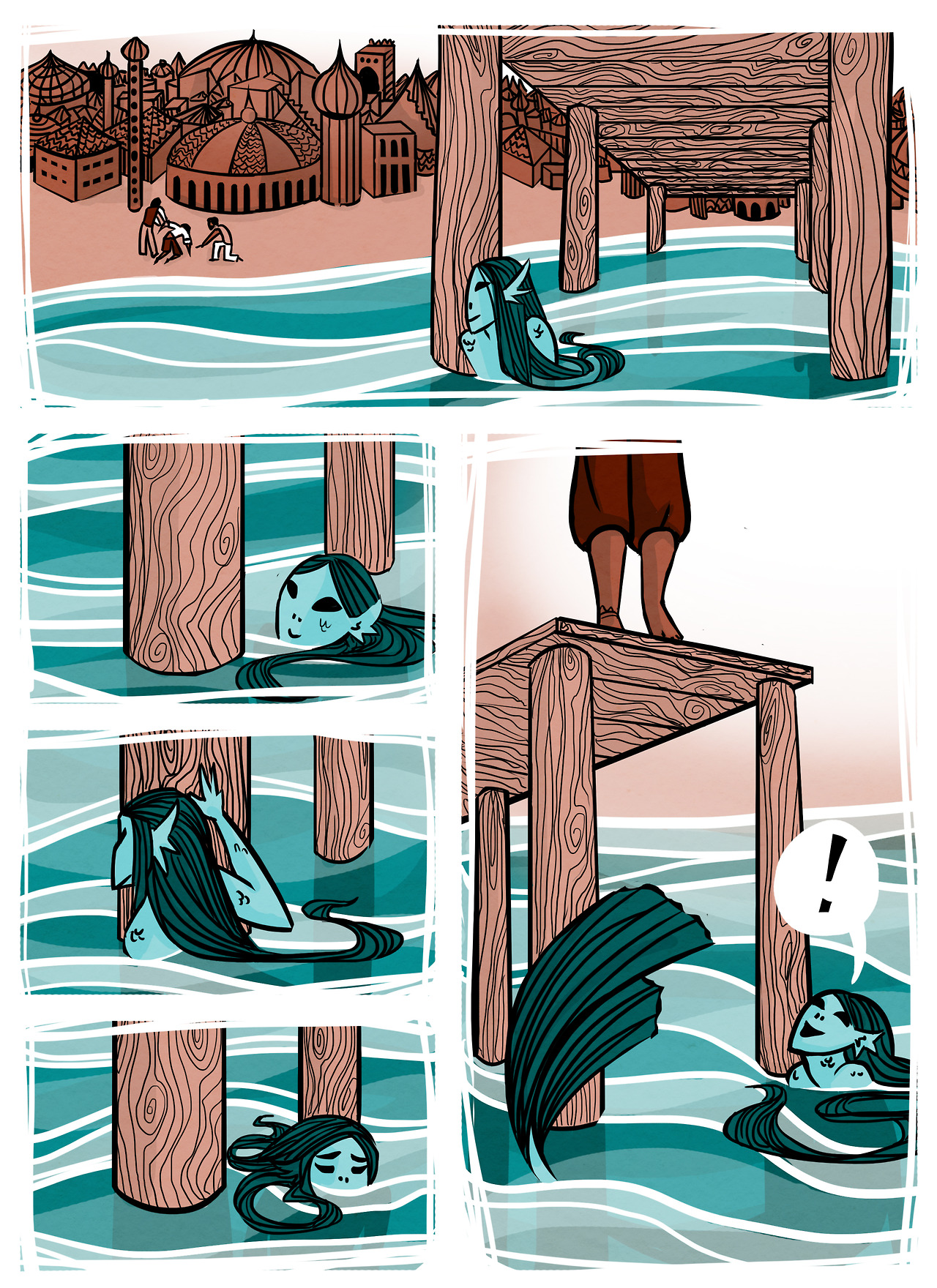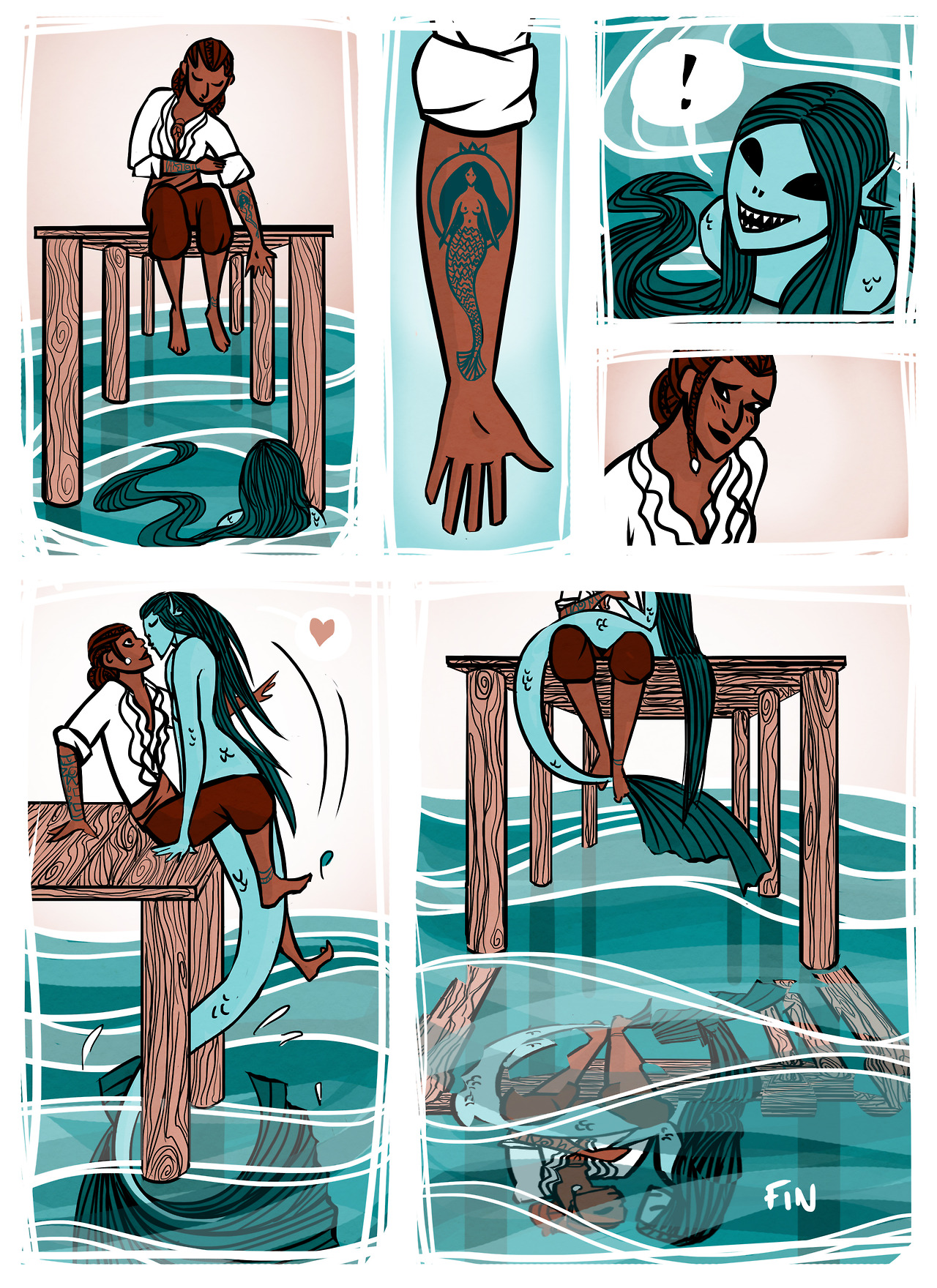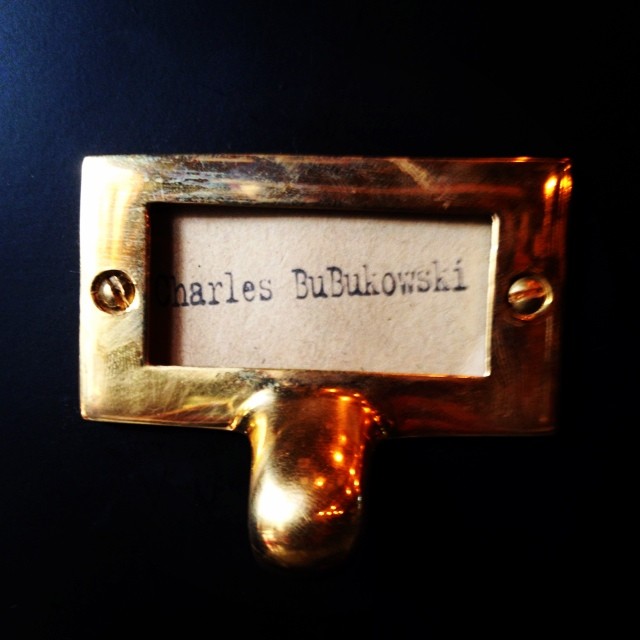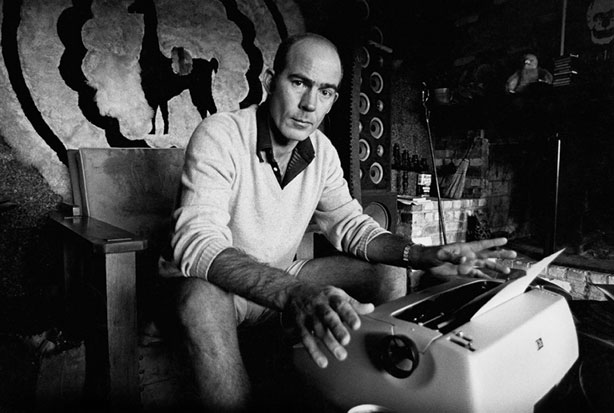
This is kind of weird. My essay about working for Hardee’s in Radford, Virginia when I was an undergrad is now online at Oxford American. It originally appeared in April 2010 (that’s the weird part) but I’m really grateful that the editors put it online. I’m headed to my alma mater for homecoming in October and I’ve been thinking about the New River Valley a lot. An excerpt:
Most people underestimate the complexity of the biscuit. Biscuits are delicate and fickle, like hothouse flowers. Cook them too long and they turn into tough little hockey pucks. If the temperature in the oven isn’t high enough, you get a texture that’s cakey, not flaky, and a biscuit without a swirling engine of steam inside it is no longer a biscuit but a bastard scone.
